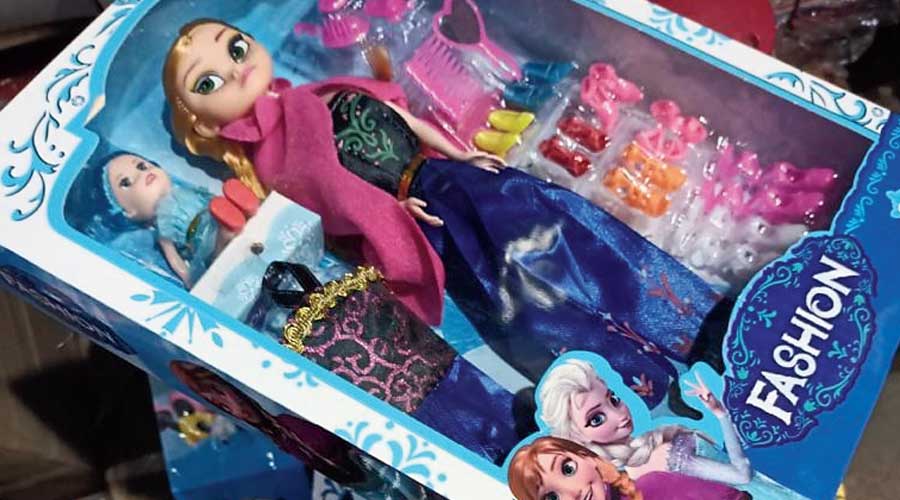All work and no play make Jack a dull adult. But these days, Jack or Billy is no longer just that: he is a ‘kidult’, one of the innumerable grownups keeping the toy industry afloat. According to a survey by the NPD group, kidults contribute $9 billion in revenue to the toy industry annually, with Christmas and New Year’s being rather festive times for the industry. Interestingly, the lines between kid and adult are turning fuzzy. Kidults love cartoons, superheroes and collectibles, and spend money on model cars, action figures, Lego sets and dolls — toys manufactured with children in mind. The pandemic, apparently, is turning adults into kidults at lightning speed, even though jobs have become precarious and livelihoods are at stake.
Could it then be argued that the return to a second childhood astride a Mattel car on the part of the adult is, in fact, an escape route to an imagined life free from chores and responsibilities? It is possible that what makes ‘play’, with toys or otherwise, in adulthood pleasurable is its ability to offer reprieve from the fear of failure. The ability to express oneself without fear or inhibition must be therapeutic in a world that is prone to judge and, hence, box adults into stereotypes. It is pertinent to make a distinction between play and sport — the latter has an element of competition which brings with it attendant pressures. Play, on the other hand, is more freeform. Studies show that the unstructuredness of play helps boost creativity, allowing children and adults alike to come up with solutions to niggling problems. Playing with toys specifically is a sensory experience that can be healing — in fact, ‘adult play’ has begun to emerge as a wellness trend with appointed ‘joy strategists’ teaching adults to rediscover the joy of play, once again. But play has a greater role than cerebral stimulation; in a post-pandemic world marked by solitude, loss and despair, sharing a Lego set or a Bagatelle board can rebuild social and community ties. The nonprofit, the National Institute for Play, has found that playtime between grandparents and grandchildren can help older people combat loneliness and keep their minds active. This raises a larger question: should not the cultural projection of adults as solemn creatures devoid of toys and fun be redressed?
But kidults also bring with them uncomfortable ethical questions about the forces of commerce and the market. Toy companies are beginning to cash in on adult fatigue. A report by the NPD reveals that more toys are being made with kidults, rather than kids, as the target. By some estimates, Marvel Cinematic Universe merchandise has earned Disney around $41 billion by 2020, more than every single Marvel movie combined till then. There is also a palpable irony. It is now argued that adult play is crucial to cope with the exhausting, soulless grind of modernity and capitalism. But the solution — the kidult — is likely to consolidate the culture of consumption that is one of the catalysts of ennui turning adults towards toys.










